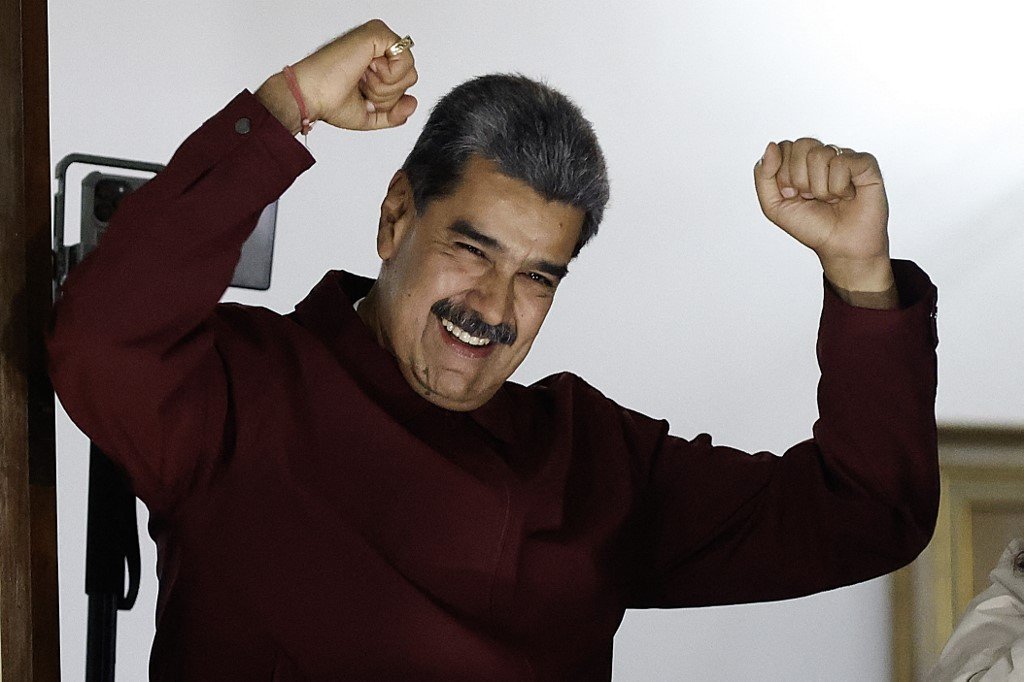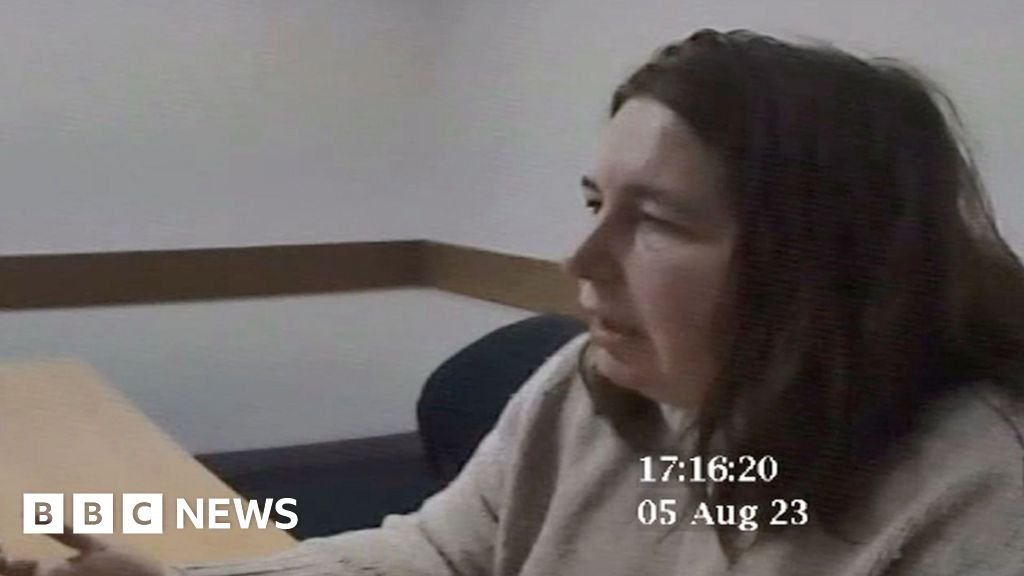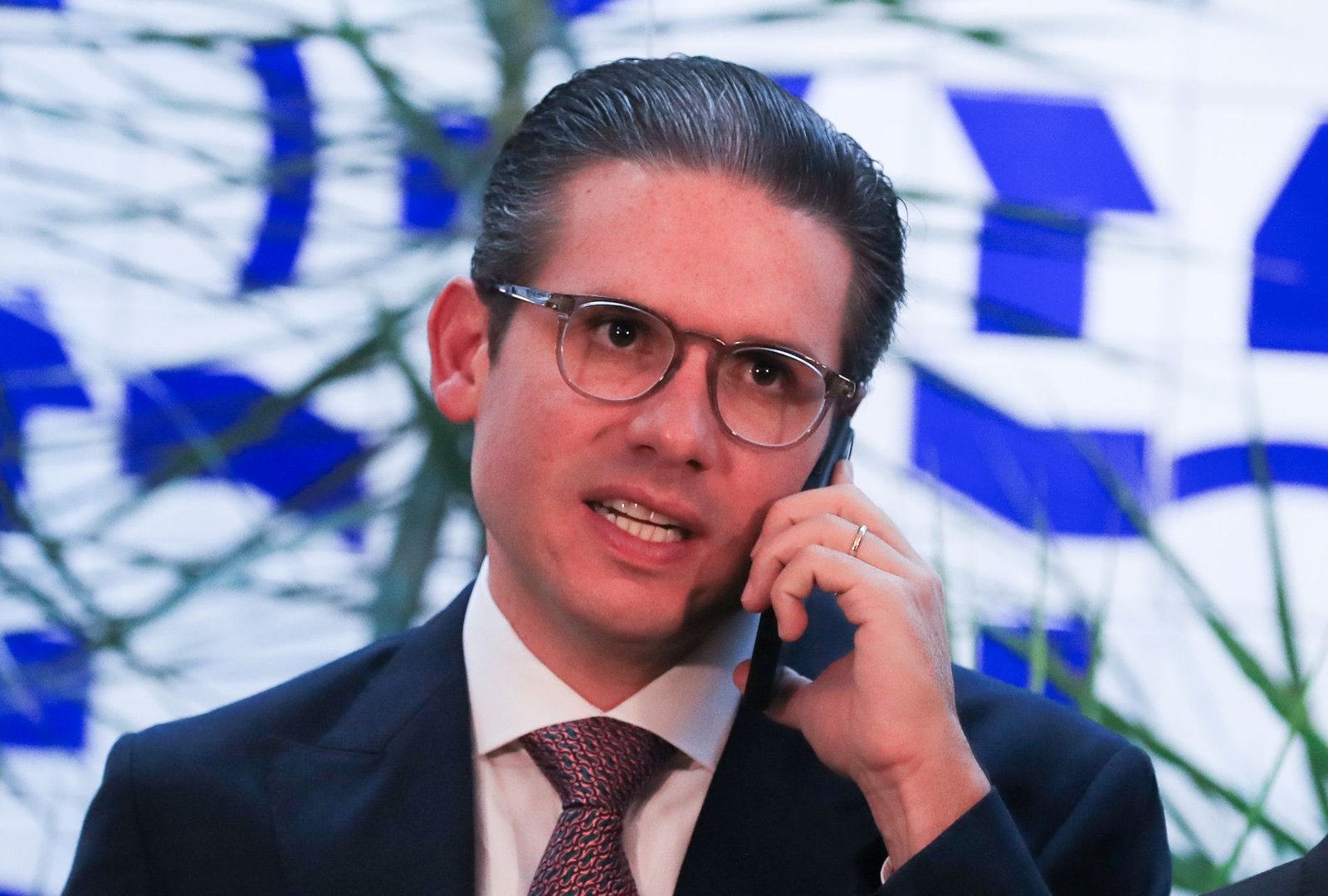The Trump administration stepped up pressure on Venezuela’s Nicolás Maduro today by offering a $50 million reward for tips that lead to his capture. Officials say this move targets his alleged ties to drug cartels and aims to hold him accountable for flooding the U.S. with narcotics.
Attorney General Pam Bondi made the announcement in Washington, calling the bounty historic and linking Maduro directly to operations that bring violence across borders. She pointed to his role in helping ship cocaine through Venezuela, often in partnership with groups like Mexico’s Sinaloa cartel. Bondi stressed that Maduro’s actions have caused harm in American communities by fueling addiction and crime.
This reward doubles the previous amount set under Trump’s first term in 2020, when the U.S. indicted Maduro on drug trafficking charges. Back then, prosecutors accused him and his inner circle of running a narco-terrorism scheme that moved tons of cocaine northward. The new figure puts Maduro in the same league as top fugitives, signaling a fresh push amid rising tensions over Venezuela’s recent disputed election.
Maduro, who has held power since 2013, faces growing isolation. His latest term started after a July vote that opponents and many countries called fraudulent. Protests erupted in Caracas and other cities, leading to clashes with security forces. The U.S. and allies recognize opposition leader Edmundo González as the rightful winner, based on tallies showing a landslide against Maduro.
Officials tie the bounty increase to broader security concerns. They claim Maduro’s regime allows criminal networks to thrive, smuggling drugs and even aiding groups that threaten U.S. interests. Bondi mentioned recent seizures of massive cocaine loads linked to Venezuelan routes, underscoring how these operations fund repression at home and instability abroad.
Venezuela’s economy has crumbled under Maduro, with hyperinflation and shortages driving millions to flee. Many end up in neighboring countries or heading north to the U.S. border. Trump has long criticized this migration wave, blaming it on Maduro’s mismanagement and corrupt alliances. The reward aims to encourage insiders to come forward with details on his whereabouts or activities.
Reactions poured in quickly. Venezuelan opposition figures welcomed the step, seeing it as support in their fight for fair elections. María Corina Machado, a key anti-Maduro voice, said it exposes the regime’s criminal side. On the other hand, Maduro’s government dismissed the bounty as imperial meddling, vowing to resist any extradition attempts.
The State Department handles the Narcotics Rewards Program, which has paid out millions over years to nab high-profile targets. Past successes include tips that led to arrests of cartel leaders. For Maduro, the U.S. seeks his handover to face trial in New York, where charges include conspiracy to import cocaine and money laundering.
Experts note that such bounties rarely result in quick captures but build pressure over time. Maduro remains protected in Caracas, surrounded by loyal military and backed by allies like Russia and Iran. Still, cracks show: defections have happened before, and economic woes might tempt someone to cash in.
Trump’s team frames this as part of a tough stance on foreign threats. During his campaign, he promised to crack down on regimes that harm U.S. security. With Maduro defiant after the election, the administration signals no easing of sanctions or diplomatic isolation.
People with information can contact U.S. embassies or the DEA anonymously. The reward covers not just Maduro but associates like Defense Minister Vladimir Padrino López, though his bounty stays lower. As events unfold, this escalation keeps the spotlight on Venezuela’s crisis and its ripple effects.
Maduro’s fate hangs in the balance as international scrutiny intensifies. Protests continue, and calls for recounts grow louder. The U.S. action adds fuel to demands for change, reminding everyone that accountability crosses borders.




